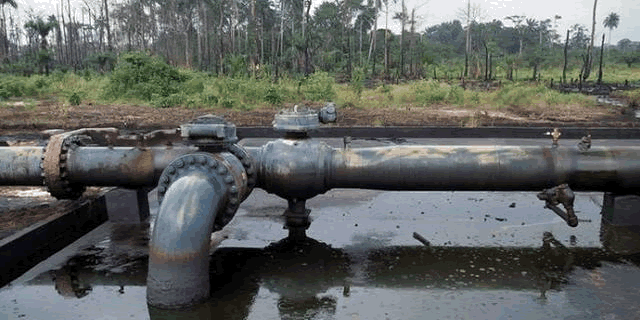Production began on May 6th, 2024, with an initial output of 6,000 barrels of oil, with plans to scale up to 40,000 barrels per day by May 27th, 2024. According to Olufemi Soneye, Chief Corporate Communications Officer, this milestone marks a historic achievement in the partnership between NNPC E&P Ltd and NOSL, underscoring their dedication to advancing Nigeria’s oil and gas sector. It represents not only meticulous planning and execution but also heralds a new era of economic empowerment and development opportunities for host communities.
The commencement of oil production from OML 13 carries significant importance for Nigeria’s objectives to bolster its oil production capacity. This expansion is critical for addressing domestic energy demands and propelling economic growth. Additionally, the partnership between NNPC E&P Ltd and NOSL emphasizes a commitment to operating in a safe, environmentally responsible manner while fostering positive impacts on local communities.


